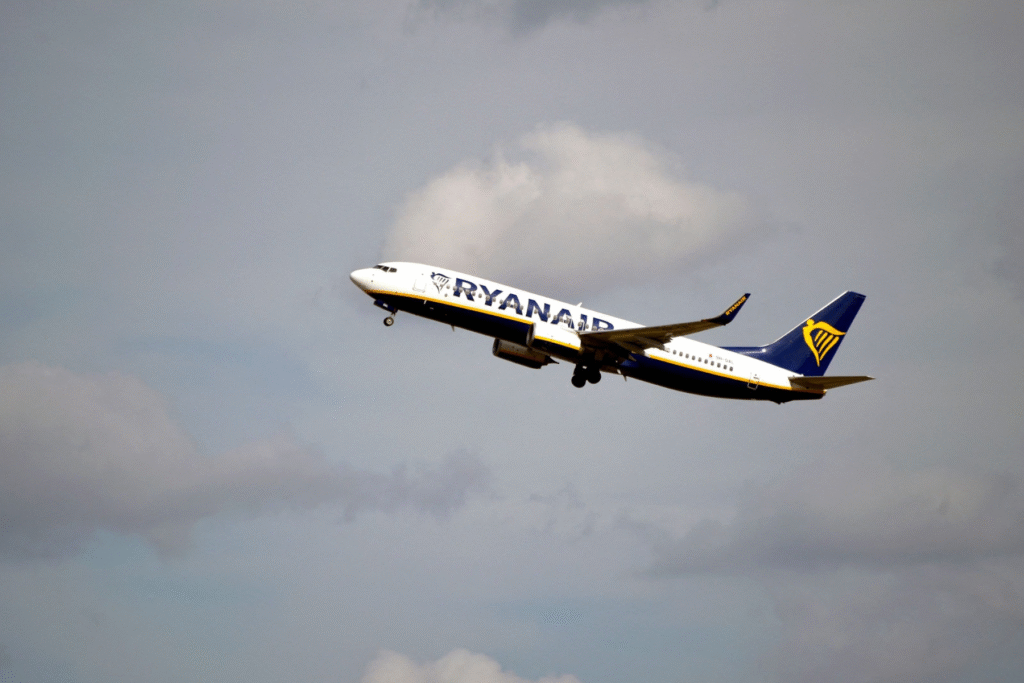
The low-cost airline Ryanair has once again criticized the high fees in Austria and will therefore withdraw two more aircraft from Vienna for the summer of 2026. The airline accuses the Austrian government of failing to abolish the air transport tax and of keeping airport charges in Schwechat too high. Vienna Airport, in its response, supported Ryanair insofar as it called for the “necessity” of abolishing or significantly reducing the state aviation tax.
The withdrawal of the two aircraft corresponds to a loss of 200 million dollars (172 million euros), Ryanair announced in a statement on Tuesday. Vienna Airport emphasized in its own statement that it remains a competitive aviation hub. The airport itself will reduce its fees starting next year.
The Irish budget carrier said it had presented Chancellor Christian Stocker (ÖVP) with a growth plan in September that would increase passenger traffic in Austria to 12 million per year — a 70 percent rise. According to Ryanair, the plan foresaw the stationing of ten new Boeing 8-200 aircraft by 2030. However, the government had not even responded to the proposal, the company further stated.
Threat of further cuts
Stocker must now act, demanded Ryanair CEO Michael O’Leary. “Otherwise, further cuts and higher airfares for Austrian passengers and visitors will follow.”
The air transport tax, at 12 euros per passenger, is among the highest in Europe, Ryanair repeated. The airport also described the tax as “an additional cost burden that is high by international comparison.” Ryanair has already withdrawn three aircraft for the winter of 2025 and canceled three routes. The airline has targeted several countries where it considers costs to be excessive. Low-cost carriers such as Wizz, Level, and easyJet have already closed their bases in Vienna.
Vienna Airport points to positive developments
The airport stressed that the charges it is responsible for “currently correspond, on average and despite inflation, to roughly the same tariff level as ten years ago (2015)” and will be reduced by up to 4.6 percent as of January 1. These fees apply equally to all airlines. Vienna Airport also pointed to “recent positive signals from the industry.” Austrian Airlines will expand by at least two short-haul flights in the summer, SAS has resumed daily flights from Copenhagen to Vienna, and Condor will increase to three daily connections to Frankfurt. The current winter schedule also features many destinations and a high density of services, which appear promising. Additionally, talks with other airlines about further flight offers are ongoing.
In many European countries such as Sweden, Hungary, and Slovakia, such air taxes do not exist. “Especially in the highly competitive international market, these costs are crucial for airlines’ location decisions,” said Vienna Airport. Abolishing or significantly reducing the tax would sustainably strengthen Austria’s aviation sector, the statement from Schwechat added. Austrian Airlines CEO Annette Mann also continues to criticize the tax and calls for its removal.
The decisions made by individual airlines will temporarily impact passenger growth for 2026. Through efficiency and cost-reduction programs, the airport aims to offset as much of the resulting financial impact as possible.

